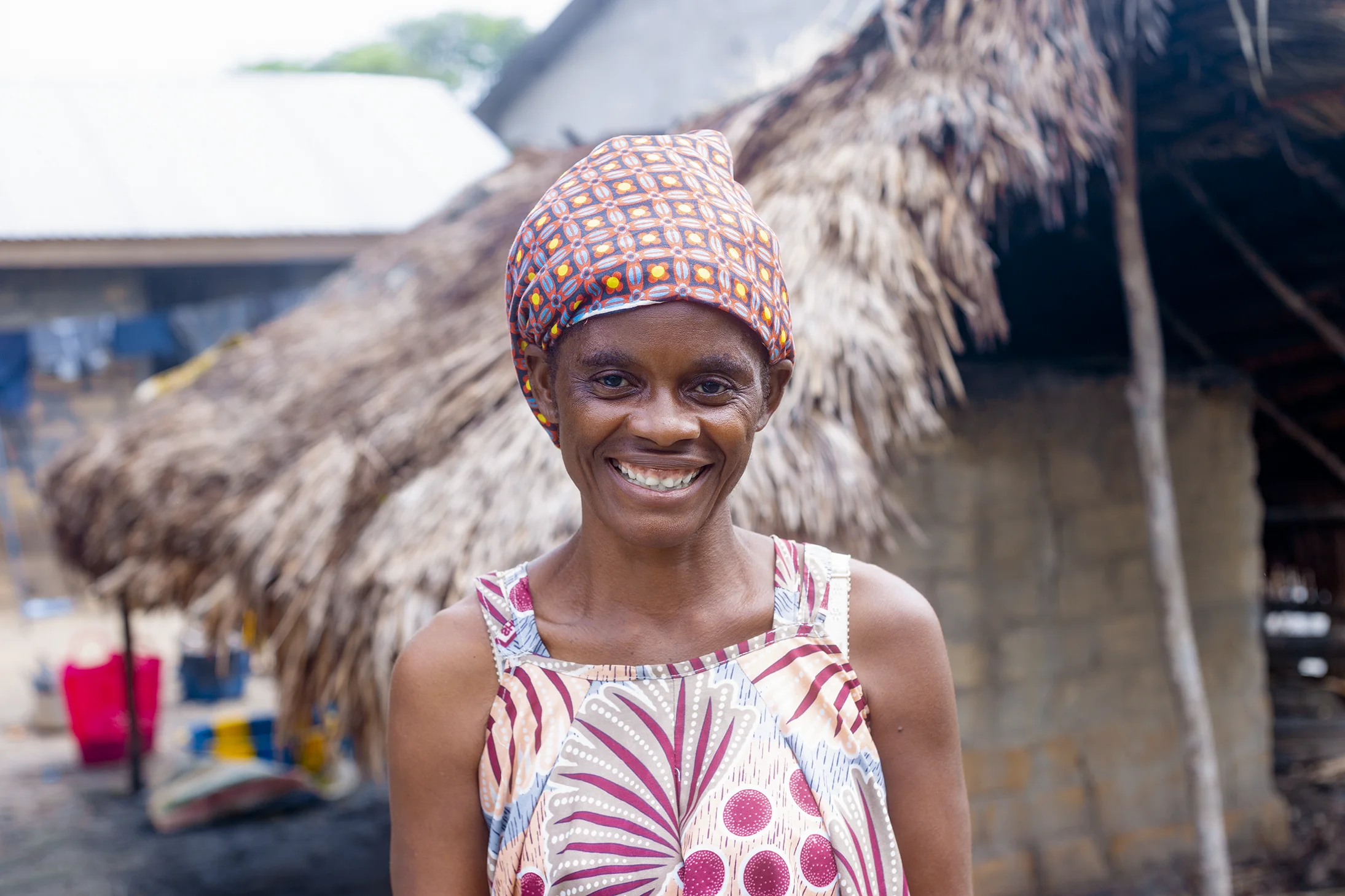
The small bottles of blue detergent gleam on the cement porch of the offices of the Association of Indigenous Youth and Women Involved in Environmental Protection and the Fight to Control Female Poverty (APFE). The office is located in the neighborhood of Lisière in the city of Inongo, province of Main Ndombe, Democratic Republic of the Congo, and is surrounded by simple homes with dented walls, hay roofs, and colored curtains that serve as doors. Several people come by to purchase the small bottles of detergent. Some of them also ask for bars of soap made and cut by the Indigenous Women’s own hands.
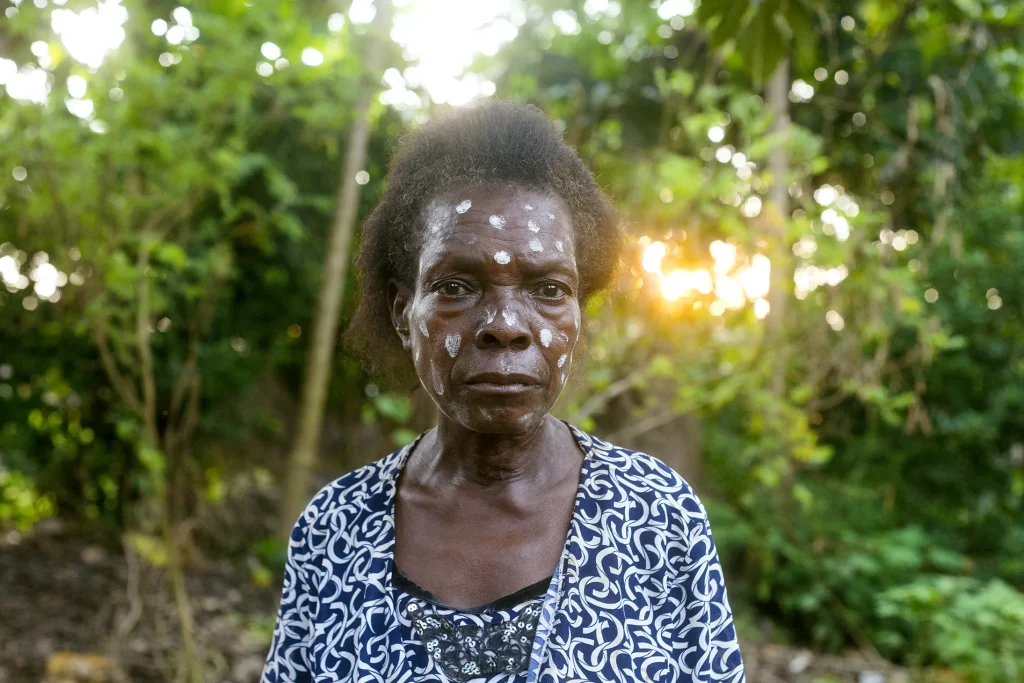

The women are radiant: they have sold all of the bars of soap and most of the detergent. The area’s Batwa women are surprised that people approach them and buy their products. They had become accustomed to violent discrimination at the hands of the populace’s ethnic majority – the Bantus – who consider the Batwas, the ethnic minority, to be dirty, inferior, and even subhuman. “They treat us as though we were animals,” asserts Marie, a participant in APFE’s project in the community of Lwate Kaka in Inongo.
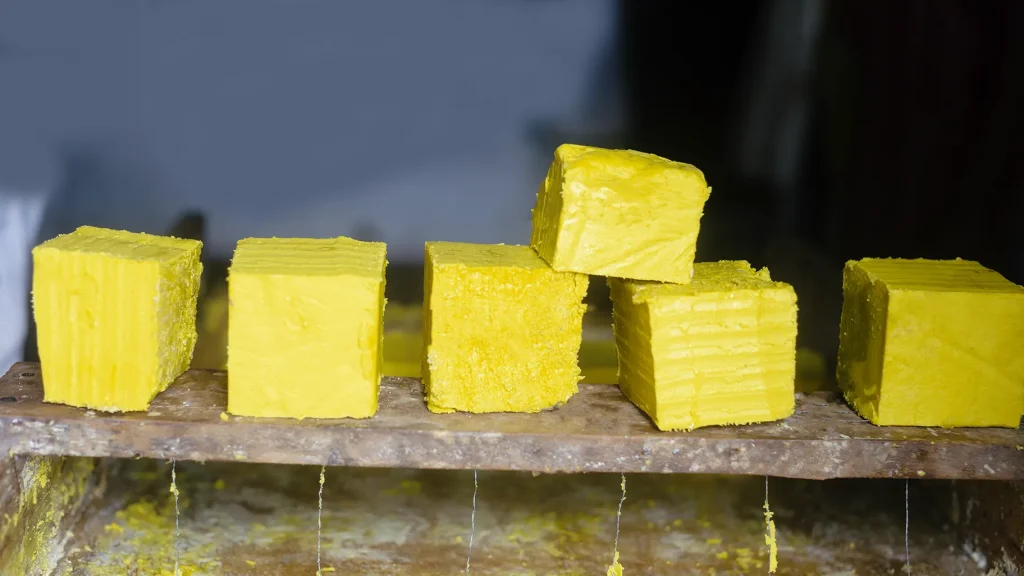
The Bantus – an ethnic group in a linguistic family that is an amalgam of populations from the Congo to South Africa – arrived in these lands thousands of years ago and pushed aside the indigenous Pygmy population that lived in the forests, whose members are known in this region as the Batwas. The Bantus, with strength deriving from being the majority, stole their lands, forced them to work in the fields in semi-slavery conditions, and marginalized them on the edges of the communities so as not to have to live with them.
In addition to ethnic discrimination, Batwa Women suffer from double discrimination: as Indigenous Peoples and as Women. They do not have the right to own property or receive an inheritance; are not prioritized for attending school; do not enjoy decision-making power in their communities; and do not have easy access to public services or justice in cases of gender-based violence. The only thing they can do to improve their status is to get married, though no Bantu man wants to marry a Batwa Woman.
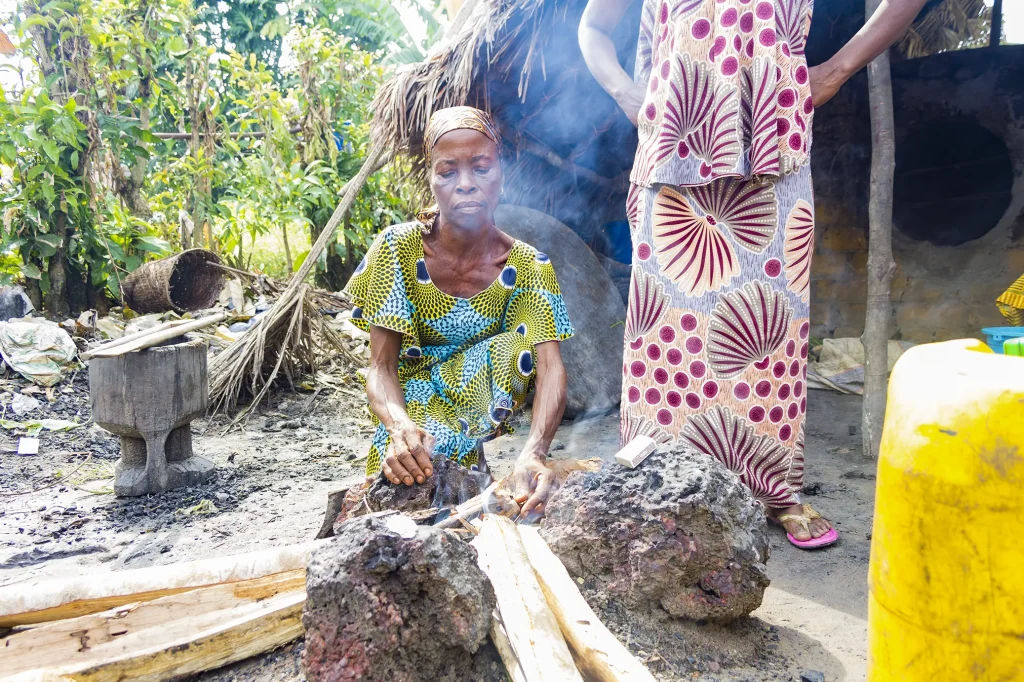
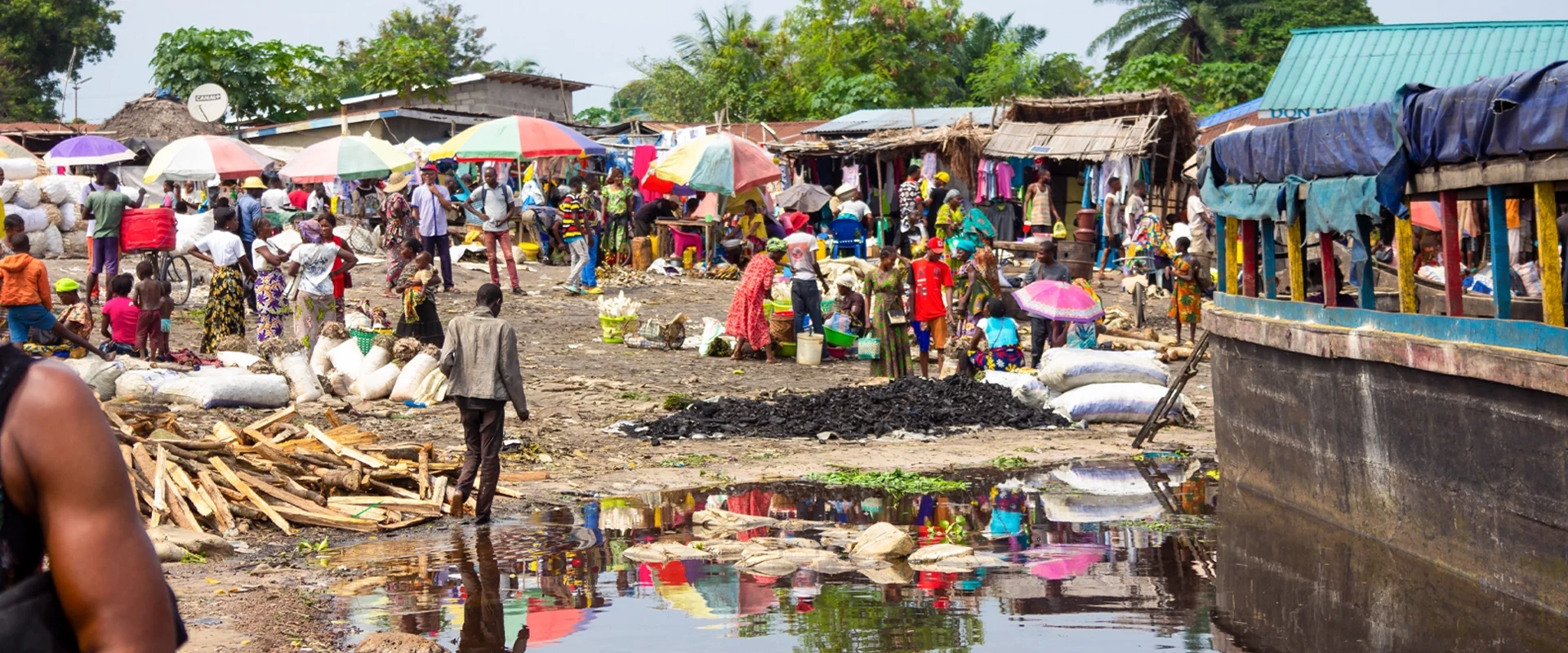
As a result of this discrimination, they live in extreme poverty: they cannot even permit themselves a bar of soap to wash themselves or to go to the hospital to give birth. It is for those reasons that the APFE enterprise has been transformational. Instead of offering superficial solutions, it seeks to attack the roots of the problem: discrimination and extreme poverty. “Instead of giving us money, it’s better that they teach us how to work to earn our own money, that way we can develop on our own,” says Marie, one of the project participants.
Batwa Women do not have the right to own property or receive inheritance, they are not prioritized for schooling, they have no decision-making power in their communities, and they do not have easy access to public services or justice in cases of gender-based violence. The only way they can improve their status is by getting married, but no Bantu man wants to marry a Batwa woman.

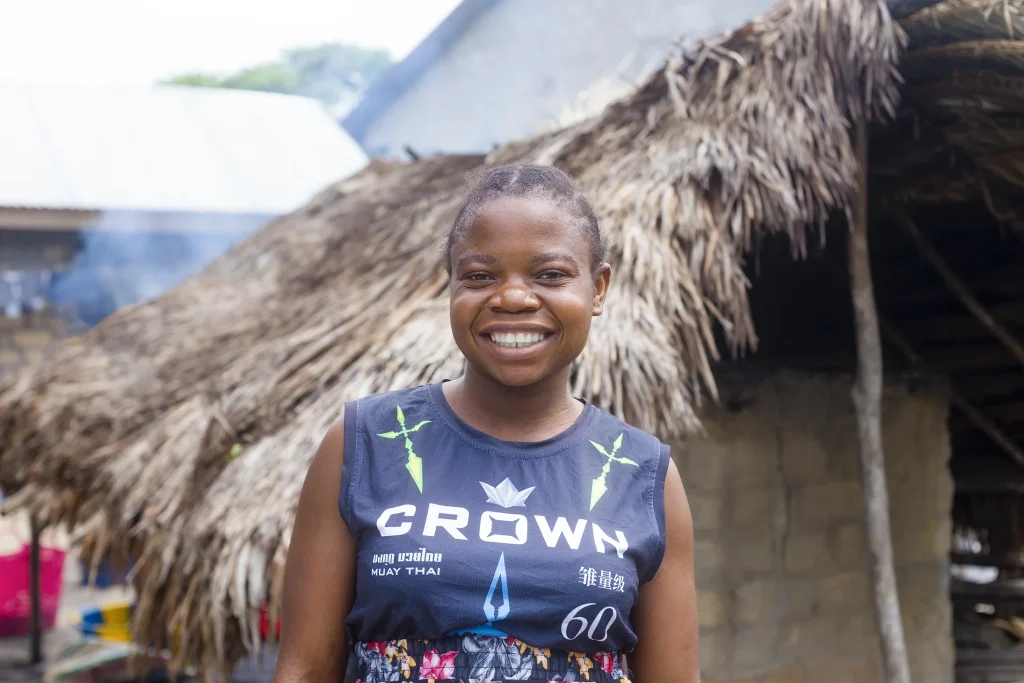
Organizing themselves so as to improve
APFE was born out of the desire of several Indigenous Women to improve their situation and care for the environment on which their way of life depends. Firstly, the women received training on the rights of Indigenous Women in the Democratic Republic of the Congo from the Organization of Accompaniment and Help for Pygmies (OSAPY). Then, led by Chéries fa Eyere – the current legal representative of APFE – they began meeting informally to discuss their problems, the challenges they face in washing and taking care of themselves, covering their own and their families’ basic needs, and reversing [their] economic dependence and double discrimination. In 2018 they formalized the organization, developed its by-laws, and defined its vision and objectives. They began as a group of 25 members, though rapidly more women joined the initiative.
One of the pillars of the organization was finding subsistence alternatives for the women beyond the forest. As the Batwa had been displaced from the agricultural fields, the women were forced to gather forest products on which to subsist, such as honey, mushrooms, caterpillars, and firewood for cooking and selling. However, these foodstuffs were ever more scarce as a result of the climate crisis, while at the same time gathering firewood in the forest without a sustainability plan put even more pressure on the disappearing forest.
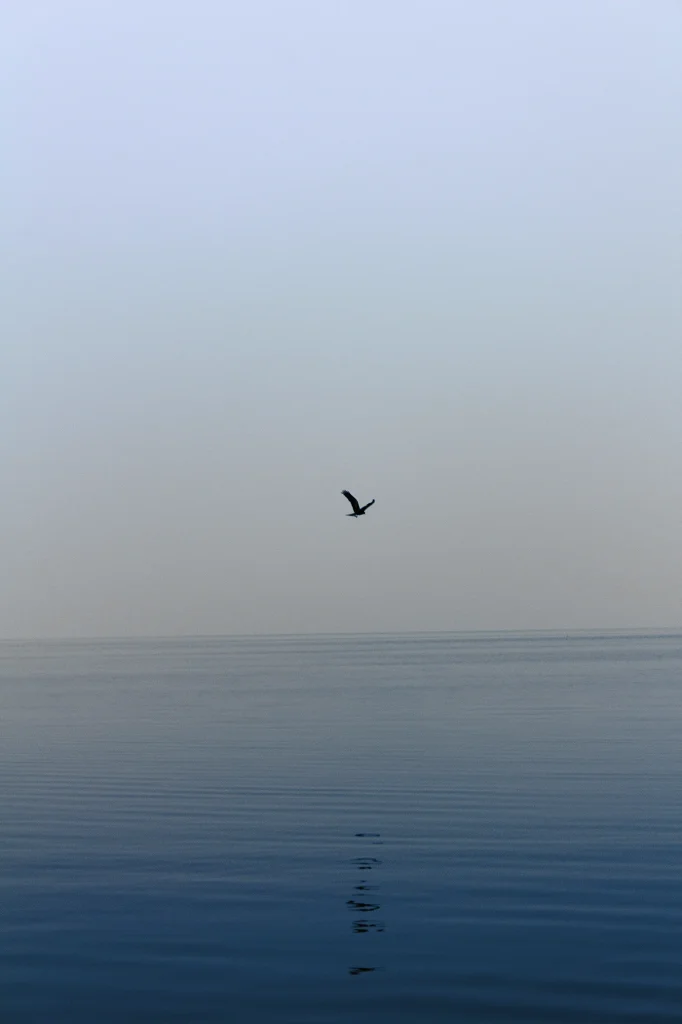


Between 2002 and 2023, the Democratic Republic of the Congo lost 6,860 hectares of primary forest, primarily caused by crop rotation and firewood collection, as well as mining and timber production on the part of international companies, according to Global Forest Watch. This makes the situation even more difficult.
For that reason, APFE created a project that would offer women an income-generating activity for themselves. They first tried baking bread, cakes, and other pastries; however, since Batwa women are considered “dirty,” those foods were not accepted in the market and virtually no one would buy them, so they together developed the idea of making soap and detergent, as products with a longer shelf life that could help remove the hygiene image associated with Batwa women.

An expanding project
APFE brought a workshop facilitator from Kinshasa to teach the Batwa women how to make soap, together with liters of palm oil, baking soda, perfume, and chlorine to make detergent. Once they had perfected the product, they produced 200 liters of liquid detergent for cleaning surface areas and several hundred bars of soap for washing. They targeted public institutions, restaurants, and businesses that have to wash their premises to sell their products as well as to businesses that are expanding into a province under construction. This made it easier for them to develop a clientele, given that public institutions and businesses are more inclined to support projects like the one created by APFE. They also packaged the detergent in small bottles to enable everyone to purchase a small amount and thus increase the ease of distribution.

All together, they had the idea to produce soaps and detergents, products with a longer shelf life that also combat the stereotype of poor hygiene associated with Batwa Women.
The point of sale was in the organization’s facilities and a management committee was established comprised of women. Some of the income earned was put into the organization’s common cash box as seed capital to use for making a new batch of soap. In this manner, they have successfully reproduced the enterprise three times. The remainder of the soaps and bottles of detergent were given to the women who participate in the project with the responsibility of seeking clients door-to-door. Several women received mobile phones and created WhatsApp profiles to expand their sales over social media, as well as enable people to contact them online.
With the income earned, the Batwa women have been able to send their sons and daughters to school [and] buy school supplies, medicine, and foodstuffs to diversify their diets. “With the money I’ve earned from selling the soap I made, I’ve been able to cover my children’s needs,” notes Nadine Botulo, a participant and coordinator of APFE in Inongo. Furthermore, as Chérie fa Eyere points out, this initiative has also helped combat discrimination. “They have been suppliers and worked with their clients in the public arena, which changes their sense of inferiority,” she adds.

The production of soap and detergent, however, is only the first in a series of transformational series of initiatives. In the future, APFE wants to encourage the women to produce perfumed soap with natural ingredients from the forest to remove scabies from children, thereby adding Indigenous Women’s ancestral knowledge to the enterprise.
The association in turn is dialoguing with public institutions to enable the women to be issued a parcel of land on which to develop agricultural projects that contribute to the fight against climate change. Another goal is to develop literacy projects that would enable women to participate in their communities’ decision-making processes.
In this manner, Batwa Women create the conditions to confront different types of violence, develop their economic autonomy and defend, with their own voice, their Individual and Collective Rights.
